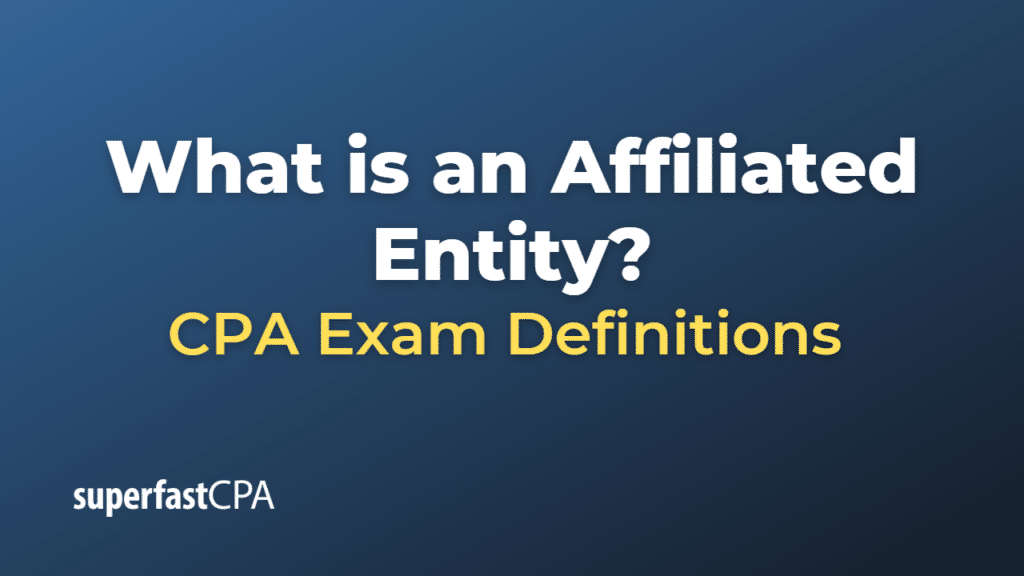Affiliated Entity
An affiliated entity refers to a company or organization that has a close relationship with another company through shared ownership, control, or influence. This relationship can occur through a direct or indirect connection, such as common ownership, management, or financial interests. Affiliated entities can also be established through partnerships, joint ventures, or strategic alliances.
In most cases, an affiliated entity is formed when one company owns a significant percentage of another company’s shares (usually between 20% and 50%), giving it influence over the other company’s decision-making process but not full control. Affiliated entities can collaborate, share resources, or engage in joint projects to leverage each other’s strengths and expertise.
It’s essential to note that affiliated entities are still separate legal entities, maintaining their management and operations, despite the connection or shared interests.
Example of an Affiliated Entity
Let’s consider two companies, Company A and Company B. Company A is a well-established technology firm, while Company B is a start-up that has developed an innovative software product. Company A sees potential in Company B’s software and decides to invest in it. Company A acquires a 35% ownership stake in Company B, giving it a significant influence on Company B’s decision-making and operations.
In this scenario, Company A and Company B become affiliated entities due to their shared ownership. They can now collaborate on projects, share resources, and leverage each other’s expertise to grow and succeed in the market. However, both companies remain separate legal entities with their management and operations.
This affiliation can benefit both companies by allowing them to tap into each other’s resources, knowledge, and market presence, potentially leading to more robust business growth and market competitiveness.












